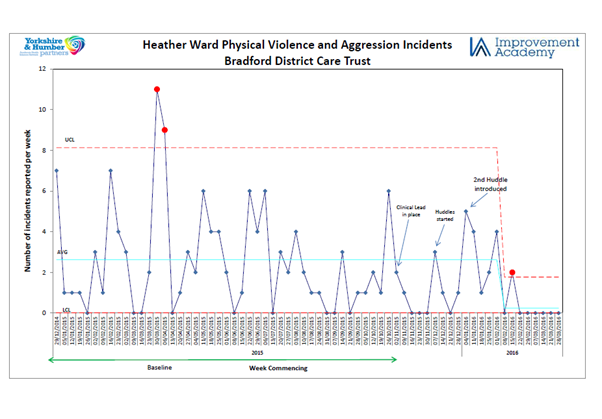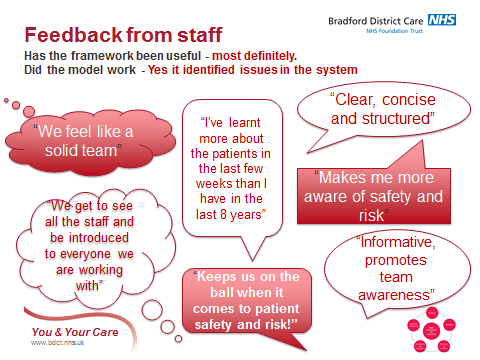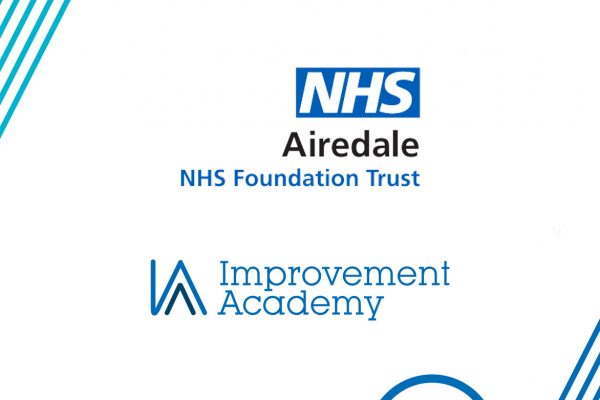In December 2015 we had our first experience of introducing a safety huddle on one of our adult acute wards.
Our clinical lead for the Measurement and Monitoring of Safety Project is based on this particular ward (which is a pilot ward for the project) and in many ways this was pivotal to the introduction and growth of the huddle. It was introduced using PDSA methodology for an initial period of a month.
At first staff were not sure how it would work or what it would give them, in real terms they probably initially viewed a huddle as another meeting or just a different type of handover additional to what is already in place, they probably felt that it was just another initiative that would take up time. Management neither were very sure as to the value of a huddle.
We devised an aide memoire template for staff leading the huddle, this gave a structure. The huddle was not always consistently undertaken in the beginning and if the clinical lead was not there it did not always happen. As the days went by it became more consistent and staff started to come to the office at 9.15am of their own accord to be part of the huddle.
Since January the huddles have become a part of everyday ward life and the benefits for the pilot ward are numerous:
- staff are aware of the patient, staff, environment and other safety issues of the day
- staff feel more involved as a team
- staff more disciplines are getting involved in the huddle
- incidents have reduced
- handovers are slicker
- up to 2½ hours of nursing time per day has been freed up as a direct result of the huddle
- the number of days between incidents occurring has improved
- there has been a stepped improvement in violent and aggressive incidents
- management quickly saw the benefits and support the wider scaling up of huddles
The following statistical control chart shows the reduction in violent and aggressive incidents on Heather Ward:

Patients understand why the safety huddle is important for them as we have taken time to discuss safety with them and continue to engage patients in safety discussions.
The safety huddle is being measured and monitored in different ways for benefits and sustainability but just as Houston said at the take-off of Apollo 11 ” Thrust is GO, all engines. You’re looking good”.

For more information contact Lynn Pearl



